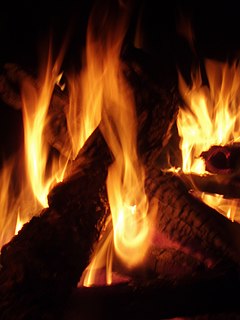Lohri
| Lohri | |
|---|---|

Lohri Bonfire
|
|
| Also called | Lal Loi |
| Observed by | Sikhs, Hindus, others |
| Type | Religious, cultural |
| Significance | Midwinter festival, celebration of Winter Solstice |
| Celebrations | Bonfire, song and dance (Bhangra and Gidda ) |
| Date | night before Maghi (Makar Sankranti), typically 13 January |
| Related to |
Maghi (Makar Sankranti celebrated next day) Pongal Bihu (Bhogali), Magh, Bhogi |
Lohri (Gurmukhi: ਲੋਹੜੀ, Devanagari: लोहड़ी, Shahmukhi: لوہڑی) is a popular winter time Punjabi folk festival, celebrated primarily by Sikhs and Hindus from the Punjab region of Indian subcontinent. The significance and legends about the Lohri festival are many and these link the festival to the Punjab region. Many people believe the festival commemorates the passing of the winter solstice. Lohri marks the end of winter season, and is a traditional welcome of longer days and sun's journey to the northern hemisphere by Sikhs and Hindus in the northern regions of the Indian subcontinent. It is observed the night before Makar Sankranti, also known as Maghi, and according solar part of the lunisolar Bikrami calendar and typically falls about the same date every year (January 13).
Lohri is an official gazetted holiday in the state of Punjab (India), but it is not a holiday in Punjab (Pakistan). It is, however, observed by Sikhs and some Punjabi Muslims and Christians in Pakistan as well.
Lohri is linked to the Bikrami calendar, and is celebrated the day before the festival of Maghi celebrated in India as Makar Sankranti. Lohri falls in the month of Paush and is set by the solar part of the lunisolar Indian calendar, i.e. in most years it falls on 13 January of the Gregorian calendar (in exception years on 12 or 14 January). Makara (Maghi) sankranti (Sangrand) marks beginning of the solar maagha masa.
For the general latitude and longitude of Punjab, 13 January represents the day after which sunrise occurs progressively earlier in the morning, till about 10–12 June. After these days in June, sunrise begins to occur progressively later in the morning till about 10–12 January. Therefore, the celebration of lohri on 13 January every year signifies the shift to longer days.
...
Wikipedia
